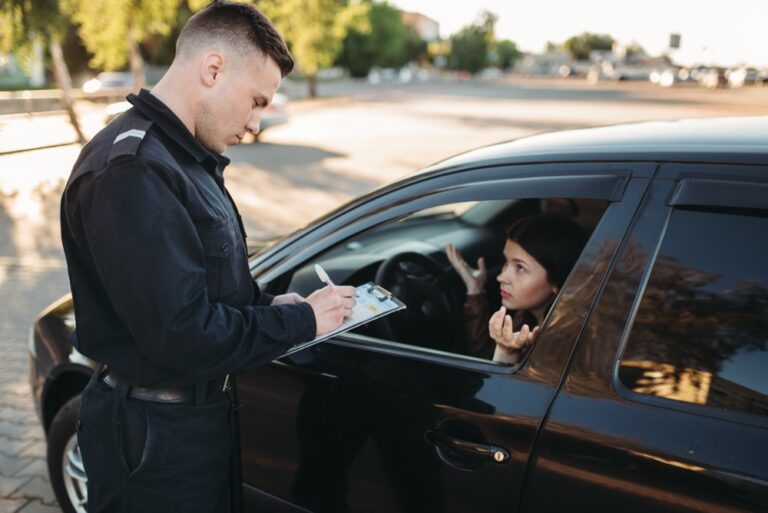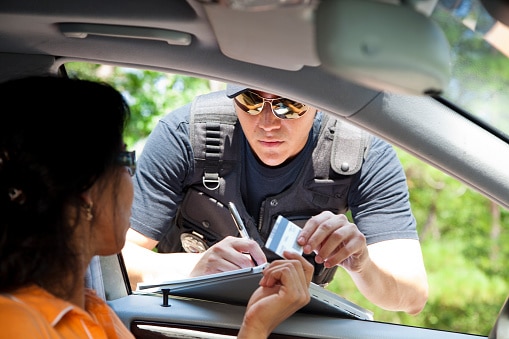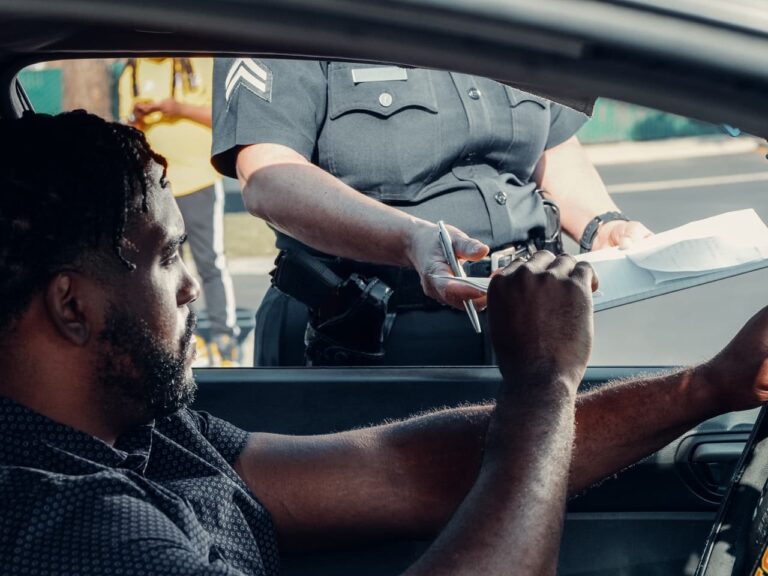Unfortunately, vehicle collisions happen often. These situations can be stressful, at the very least. In these cases it is incredibly important that a driver understands his/her duties when a collision occurs. These are:
- To remain at the scene of the collision, or immediately return.
- Render all possible assistance. There is no definition of what “assistance” means in this case, but it is generally considered to be reasonable assistance, within an individual’s competence and abilities.
- Provide information to the police for a collision report. This information includes name and address, driver’s licence number and jurisdiction of issuance, insurance company and policy number. (driving without insurance is another charge under the HTA which we will cover next week)
It is the law that a driver does all of these things when in a collision.
The HTA reads:
200. (1) Duty of person in charge of vehicle in case of accident
Where an accident occurs on a highway, every person in charge of a vehicle or street car that is directly or indirectly involved in the accident shall,
(a) remain at or immediately return to the scene of the accident;
(b) render all possible assistance; and
(c) upon request, give in writing to anyone sustaining loss or injury or to any police officer or to any witness his or her name, address, driver’s licence number and jurisdiction of issuance, motor vehicle liability insurance policy insurer and policy number, name and address of the registered owner of the vehicle and the vehicle permit number.
A driver failing to remain or return to the scene is an arrestable offence. When the driver receives a ticket for this, he/she will be summoned to court. Upon conviction, the penalty is:
- A fine of $400-$2000 and/or
- Up to 6 months in jail and/or
- Licence suspension of up to two years.
If there is no court ordered suspension, 7 demerit points will be added to the driver’s record.
The charge of fail to remain as described above is covered under the Highway Traffic Act, and applies to collisions that occur on a highway.
However, the Criminal Code of Canada covers failing to remain at the scene of an accident as well, and it applies anywhere: on a highway, or private property (like a parking lot).
The Criminal Code reads:
252 (1) Fail to stop at scene of accident
Every person commits an offence who has the care, charge or control of a vehicle, vessel or aircraft that is involved in an accident with
(a) another person,
(b) a vehicle, vessel or aircraft, or
(c) in the case of a vehicle, cattle in the charge of another person,
and with intent to escape civil or criminal liability fails to stop the vehicle, vessel or, if possible, the aircraft, give his or her name and address and, where any person has been injured or appears to require assistance, offer assistance.
The penalty under the Criminal Code, upon conviction, is up to 5 years in jail.
However, if the collision happens and the driver does not remain at the scene, knowing that another person may be harmed, then the penalty can be up to 10 years in jail.
If the driver knows that another person is dead, or if they are harmed in a way that death may be a result, then the penalty can be imprisonment for life.
Section 252 (1) is a Hybrid Offence. This means that the Crown can choose to proceed by a summary conviction or indictment. Summary offences are considered more minor under the Criminal Code (no bodily harm or death involved) and a driver can hire a paralegal to defend him/her. Indictable offences are more serious (if there is bodily harm or death) and can result in more severe penalties, and a driver will need to contact a lawyer.
One final note, there is no requirement in the Criminal Code to remain at the scene of a single motor vehicle collision, as long as there are no injuries to any of the passengers.
Every situation is different. Remember you have the right to fight your ticket. At Bulwark Legal Services we provide free consultations. You can go to our website and send us a copy of your ticket. We will help you decide the right course of action to take.



